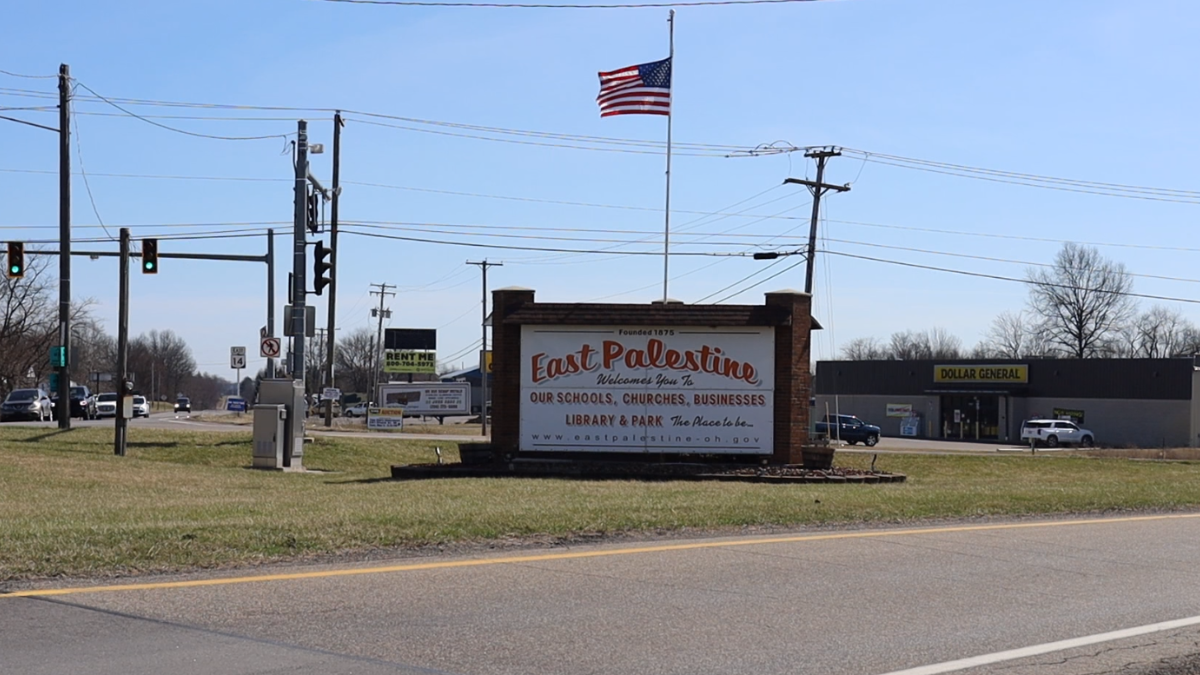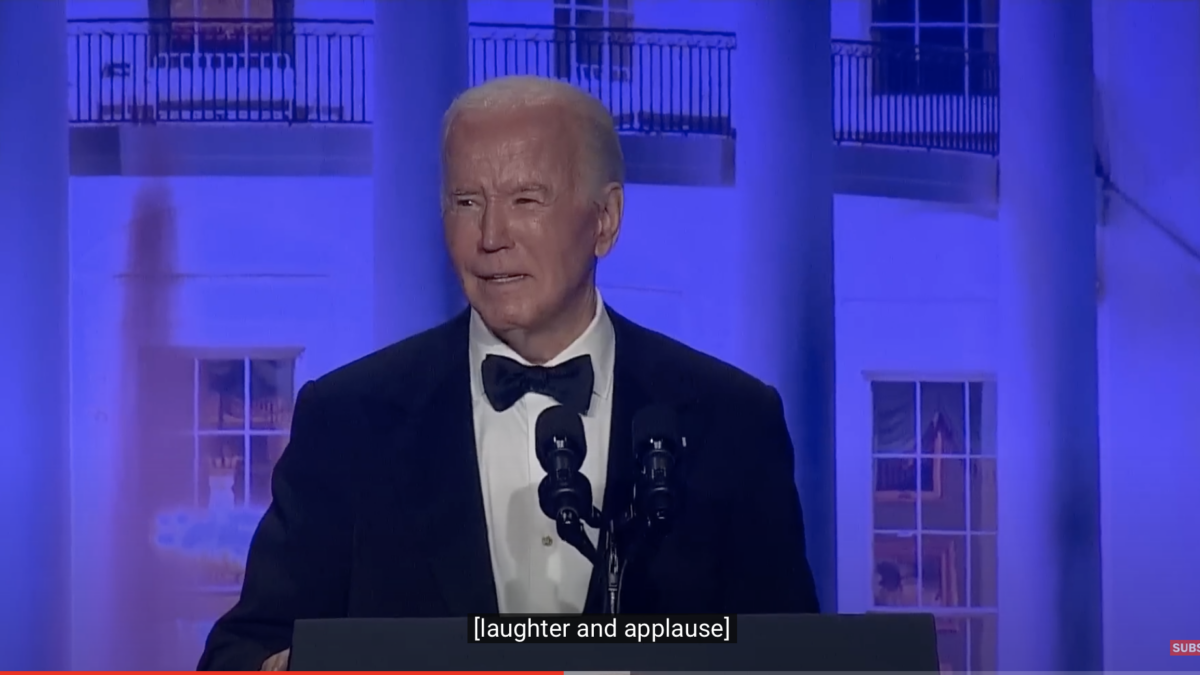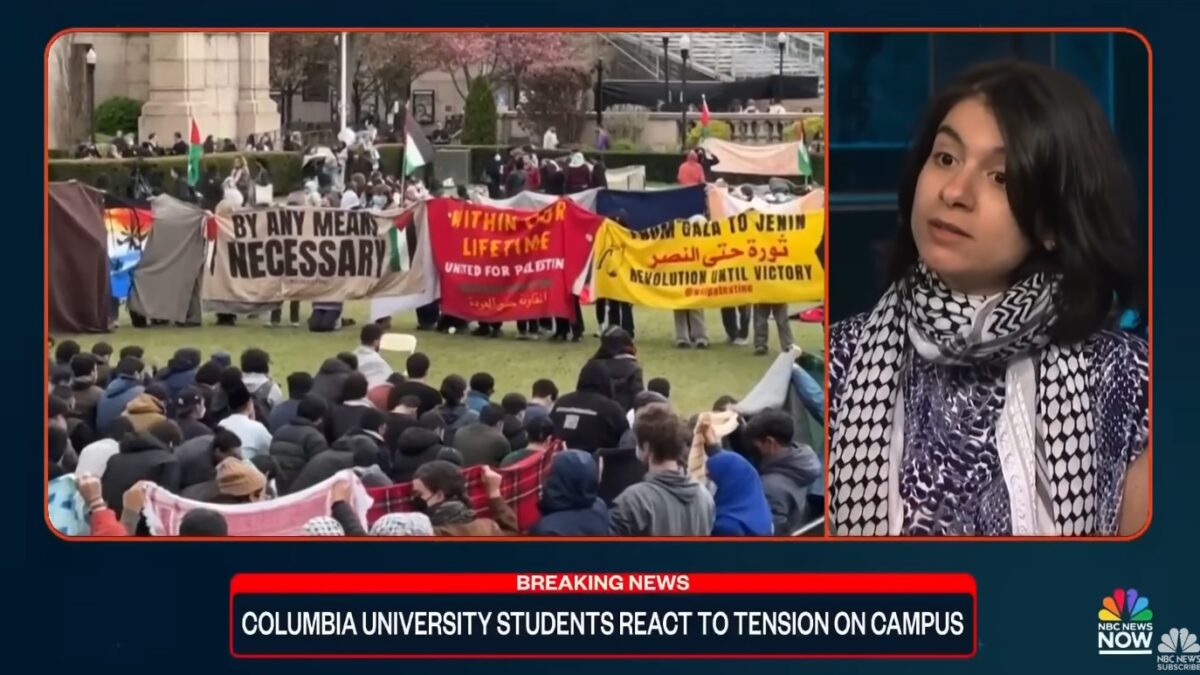
Even with all the attention it has recently received, following the first anniversary of the Norfolk Southern train derailment and President Joe Biden’s much-delayed visit, East Palestine is easy to miss. Located directly on the state’s northeastern border with Pennsylvania, a little over half an hour away from Youngstown, one could accidentally drive past its main access point were it not for a large, sun-faded sign beckoning travelers off State Route 14. “East Palestine,” it reads, “the place to be.”
If you follow the aforementioned sign down a fork in the road toward the village’s downtown area, you will be greeted by what, at the outset, appears to be a typical farm-adjacent, rural community. Small to medium-sized single-family homes take the place of farmhouses; gravel driveways and tire swings replace corn fields and grain silos. But if you drive a little further, you encounter a part of America that is perhaps unlike any other yet somehow all too familiar to those who know the American Midwest.
East Palestine was once known as a manufacturing hub. Today, the village is far from its industrial heyday — offering a unique glimpse into the generational consequences of American deindustrialization — but one can easily picture it as home to a thriving and self-sustaining community in decades past.
Statues of the local school system’s mascot, a bulldog donning an orange sweater, pepper the town. Murals commemorate fallen service members, and people walk to and from chain discount stores and fast-food eateries located between shuttered historic buildings and a closed-down community theater.
The surrounding area appears to be equal parts residential and industrial. Suburban homes, awash in a sea of Republican campaign signs, are neighbored by industrial facilities and manufacturing plants, at least half of which were vacant, if not entirely defunct. Small, locally-owned shops fill the downtown storefronts, as do plywood and vacancy signs. “East Palestine Lives Matter,” one reads.
The people are friendly, like those of any midwestern small town. They are quick to share their ambivalence about the village’s future. While strongly committed to their hometown and its people and institutions, many feel like they have received the short end of the stick.
This is understandable because that’s what has happened time and time again.
In addition to the community being ground zero for an entirely avoidable chemical catastrophe that has imperiled the health of many and will likely continue to do so for generations, East Palestine — and countless other places like it — has been strip-mined by the prevailing ethos of the American ruling class. Prioritizing financialization over domestic manufacturing, the industrial engine of small-town America was shipped abroad piece by piece until virtually nothing was left.
Whatever feelings one might have about free trade, NAFTA, et al., the objective reality is that it left the heartland without a vital resource upon which millions of people and thousands of communities depended.
Relegated almost entirely to both our peripheral vision and hindsight, we consider the existence of places like East Palestine only when we are forced to think about them or stumble upon them by happenstance. We don’t account for the village’s median resident when we consider the needs of the average American; their community is too eclectic by today’s standards.
It reminds us of a time when people made things, and now we only buy and import things. But that doesn’t mean it isn’t real; that doesn’t mean the people and their families there aren’t good people. And it doesn’t mean their suffering — be it caused by chemical exposure or America’s warped economic priorities — is any less legitimate.
In the brief moments that East Palestine occupies the political spotlight, we would do well to remember this.








